Self-Catering Holidays in 2025: A New Era of Travel
Related Articles: Self-Catering Holidays in 2025: A New Era of Travel
Introduction
With enthusiasm, let’s navigate through the intriguing topic related to Self-Catering Holidays in 2025: A New Era of Travel. Let’s weave interesting information and offer fresh perspectives to the readers.
Table of Content
Self-Catering Holidays in 2025: A New Era of Travel
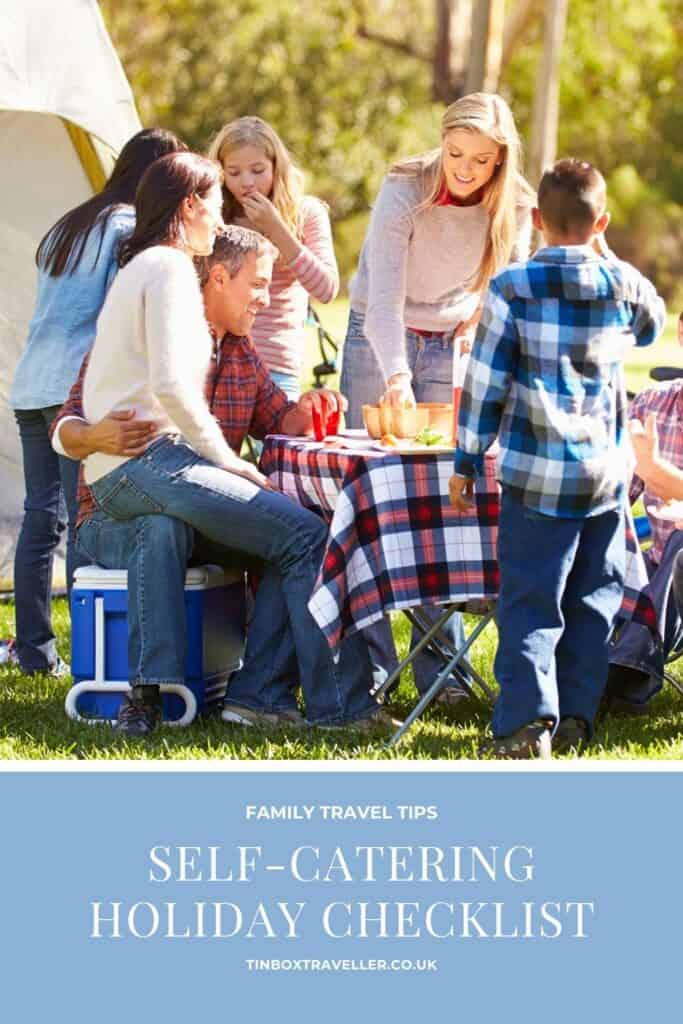
The travel landscape is constantly evolving, and 2025 promises to be a year of exciting developments for self-catering holidays. Driven by a growing desire for personalized experiences, greater flexibility, and a focus on sustainability, self-catering accommodations are poised to become even more popular. This article delves into the key trends and considerations shaping the future of self-catering holidays in 2025.
Trends Shaping the Future of Self-Catering
1. The Rise of Hyper-Personalization:
Travelers are increasingly seeking unique experiences that cater to their specific needs and interests. This trend will be reflected in the self-catering sector, with a wider range of accommodation options tailored to diverse demographics and preferences. Properties will offer personalized amenities, curated experiences, and services that enhance the overall guest journey.
For example, self-catering accommodations may offer:
- Specialized dietary options: Vegan, gluten-free, and other dietary requirements will be readily accommodated, with properties offering dedicated kitchens and curated grocery delivery services.
- Accessibility features: Properties will be designed with accessibility in mind, catering to travelers with disabilities or mobility limitations.
- Family-focused amenities: Children’s play areas, dedicated family suites, and activities designed for all ages will be commonplace.
- Pet-friendly accommodations: More properties will welcome furry companions, offering pet-friendly amenities and dedicated services.
2. Embracing Sustainability:
Sustainability is no longer a niche concern; it is a core value for many travelers. Self-catering accommodations will increasingly prioritize eco-friendly practices, contributing to a more sustainable travel industry. This may involve:
- Energy-efficient design and technologies: Properties will utilize solar panels, energy-efficient appliances, and smart home technologies to minimize environmental impact.
- Local sourcing and sustainable practices: Properties will source food and amenities from local suppliers, reducing carbon footprint and supporting local economies.
- Waste reduction and recycling initiatives: Properties will implement comprehensive waste management programs, encouraging guests to participate in recycling and composting efforts.
- Sustainable transportation options: Properties will promote alternative transportation options, such as electric vehicle charging stations, bike rentals, and public transport access.
3. The Integration of Technology:
Technology will play a crucial role in enhancing the self-catering experience. Expect to see:
- Seamless online booking platforms: User-friendly platforms will offer comprehensive search filters, real-time availability, and secure online booking.
- Smart home integration: Properties will integrate smart home technologies, allowing guests to control lighting, temperature, and entertainment systems remotely.
- Virtual concierge services: Digital assistants will provide personalized recommendations, booking services, and local information.
- Contactless check-in and check-out: Properties will offer contactless check-in and check-out options, streamlining the guest experience.
4. The Growth of Boutique and Unique Properties:
Travelers are seeking authentic experiences, and this trend is driving the growth of boutique and unique self-catering accommodations. Expect to see a rise in:
- Converted barns and farmhouses: Rural properties offering a tranquil escape from city life.
- Historic castles and manor houses: Properties steeped in history and offering a unique glimpse into the past.
- Treehouses and glamping pods: Innovative and immersive accommodations for nature lovers.
- Off-grid and eco-lodges: Properties embracing sustainable living and offering a connection with nature.
5. The Importance of Location and Experience:
Self-catering holidays are increasingly seen as an opportunity to explore a destination in depth. Properties will offer:
- Strategic locations: Properties will be located in desirable destinations, offering easy access to attractions, local amenities, and outdoor activities.
- Local experiences: Properties will partner with local businesses and tour operators to offer curated experiences, such as cooking classes, wine tastings, and guided tours.
- Unique amenities: Properties will offer unique amenities that enhance the guest experience, such as private pools, hot tubs, or outdoor fire pits.
Benefits of Self-Catering Holidays in 2025
1. Flexibility and Control:
Self-catering holidays offer unparalleled flexibility. Guests can create their own schedules, choose their dining experiences, and explore destinations at their own pace. This control over the itinerary allows for a more personalized and fulfilling travel experience.
2. Cost-Effectiveness:
Self-catering can be a more cost-effective option compared to traditional hotels, especially for families or groups. By preparing some meals at the property, guests can save money on dining out.
3. Privacy and Space:
Self-catering accommodations provide a sense of privacy and space that is often lacking in hotels. Guests have access to their own kitchen, living area, and bedrooms, creating a more comfortable and relaxing environment.
4. Authentic Experiences:
Self-catering holidays encourage immersion in the local culture. Guests can shop at local markets, dine at local restaurants, and experience the everyday life of the destination.
5. Sustainability:
By choosing self-catering accommodations, travelers can contribute to a more sustainable travel industry. Properties often prioritize eco-friendly practices, reducing their environmental impact.
Frequently Asked Questions
1. What are the key considerations when choosing a self-catering accommodation?
When choosing a self-catering accommodation, consider the following factors:
- Location: Choose a property in a desirable location, offering easy access to attractions and amenities.
- Amenities: Ensure the property has the necessary amenities for your needs, such as a fully equipped kitchen, comfortable bedrooms, and outdoor space.
- Size and Capacity: Choose a property that can comfortably accommodate your group.
- Reviews and Ratings: Read reviews from previous guests to get an idea of the property’s quality and service.
- Pricing and Availability: Compare prices and availability across different properties to find the best value for money.
2. What are the advantages of booking a self-catering holiday in advance?
Booking a self-catering holiday in advance offers several advantages:
- Secure Availability: Securing your preferred dates and accommodation, especially during peak season.
- Potential for Discounts: Early booking often qualifies for discounts or special offers.
- Planning Flexibility: Allows time to plan your itinerary and book activities in advance.
3. What are the best resources for finding self-catering accommodations?
Numerous online platforms specialize in self-catering accommodation bookings. Popular options include:
- Airbnb: A global platform offering a wide range of properties, from apartments to villas.
- Booking.com: A comprehensive platform featuring a diverse selection of self-catering options.
- Vrbo: A specialized platform focused on vacation rentals and holiday homes.
- TripAdvisor: A popular travel website with a dedicated section for self-catering accommodations.
4. What are the essential items to pack for a self-catering holiday?
When packing for a self-catering holiday, consider the following essentials:
- Kitchen Essentials: Cooking utensils, cookware, dish towels, cleaning supplies.
- Linens and Towels: Bed linens, towels, and bath mats.
- Toiletries: Shampoo, conditioner, soap, toothpaste, and other personal care items.
- First Aid Kit: Bandages, antiseptic wipes, pain relievers, and any necessary medications.
- Entertainment: Books, games, or electronic devices for leisure activities.
Tips for Planning a Successful Self-Catering Holiday
1. Research and Plan in Advance:
Thoroughly research potential destinations and properties, considering your preferences and budget. Plan your itinerary, book activities, and make necessary arrangements in advance.
2. Pack Wisely:
Pack only essential items, considering the length of your trip and the activities you plan to participate in. Pack light to avoid unnecessary baggage fees.
3. Communicate with the Property Manager:
Contact the property manager in advance to clarify any questions or special requests, such as early check-in or late check-out.
4. Explore Local Markets and Restaurants:
Take advantage of local markets to purchase fresh produce and ingredients. Sample local cuisine at restaurants and cafes.
5. Embrace the Local Culture:
Engage with the local community, participate in cultural events, and learn about the destination’s history and traditions.
Conclusion
Self-catering holidays in 2025 are poised to become even more popular, offering travelers a unique blend of flexibility, cost-effectiveness, and personalized experiences. By embracing emerging trends, such as hyper-personalization, sustainability, and technology integration, self-catering accommodations will continue to evolve, providing a more enriching and memorable travel experience. Whether seeking a tranquil retreat, an adventurous escape, or a cultural immersion, self-catering holidays offer a versatile and rewarding option for travelers seeking a unique and personalized journey.
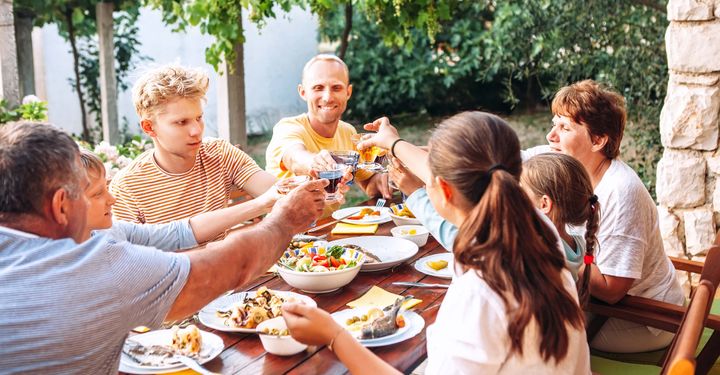
_1/travelfinderss)
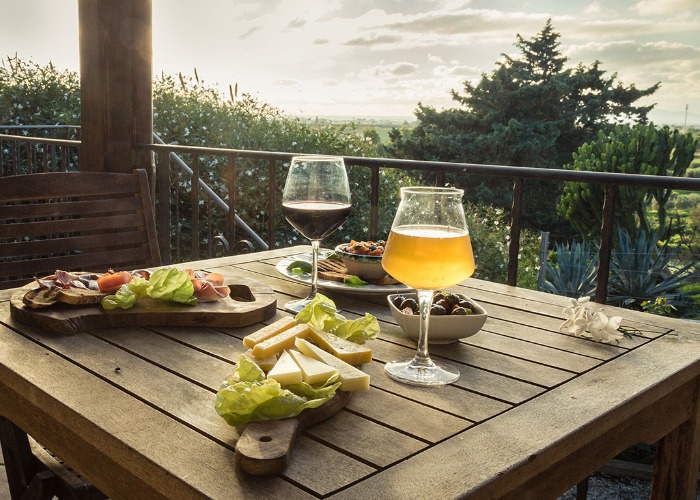
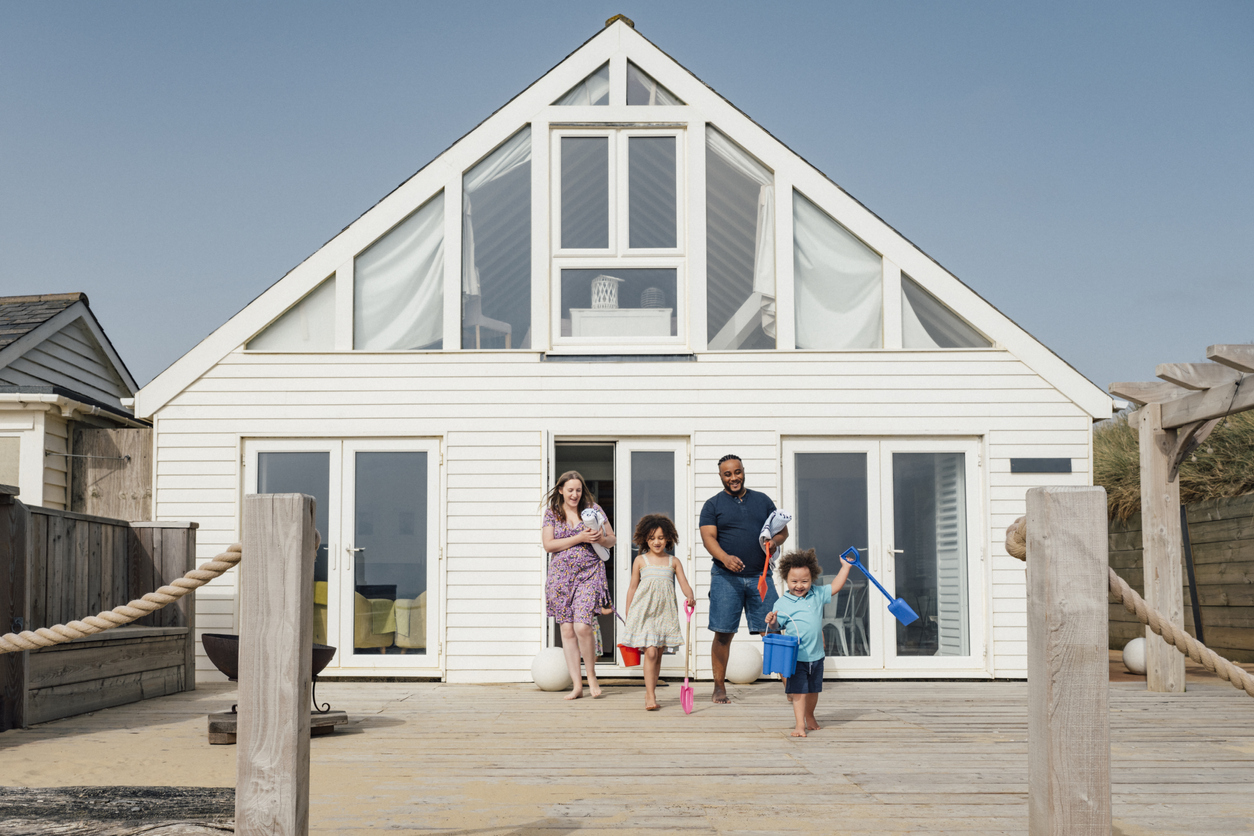

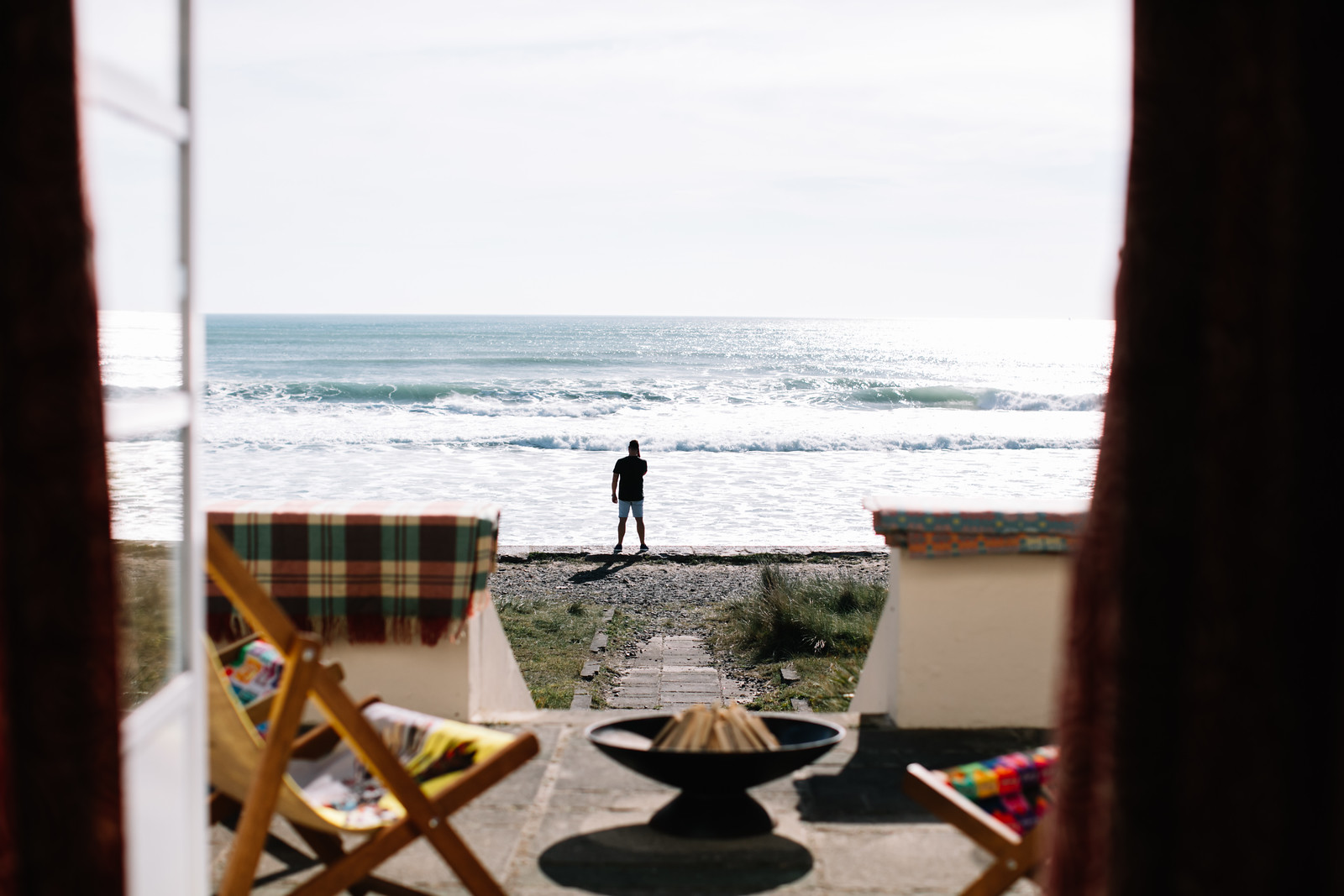


Closure
Thus, we hope this article has provided valuable insights into Self-Catering Holidays in 2025: A New Era of Travel. We thank you for taking the time to read this article. See you in our next article!